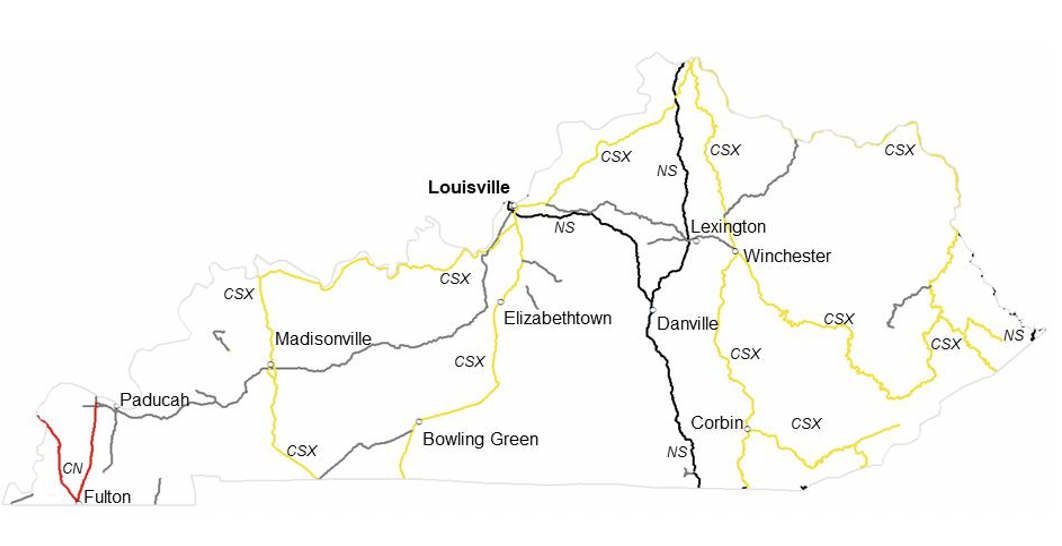Chronic railroad exposures to diesel exhaust, asbestos, creosote, welding fumes, silica sand, benzene-containing solvents and degreasers, herbicides, and secondhand smoke can lead to numerous conditions, including:
Cancer:
Leukemia:
- Acute Myeloid Leukemia (AML)
- Myelodysplastic Syndrome (MDS)
- Non-Hodgkin’s Lymphoma (NHL)
- Multiple Myeloma (MM)
Pulmonary:
- Diesel Asthma
- Chronic Obstructive Pulmonary Disease (COPD)
- Reactive Airway Disease (RADS)
- Pulmonary Fibrosis
- Emphysema
Neurological:
We serve all railroad employees in crafts with historical exposures to toxins, including the following:
- Locomotive Engineer
- Brakeman/Conductor
- Track Department/Trackman
- Locomotive Machinist/Electrician/Pipefitter
- Car Department/Carman
- Bridges & Buildings

In proving up your railroad cancer lawsuit, Hughes Law Offices will take any unique exposures into account. For instance, we have served clients who described leaking underground fuel tanks, serving chemical plants and refineries, exposures from toxic freight, etc. We will bring all of those exposures to bear in proving up your railroad cancer case.
Class I railroads operating in Kentucky include:
- Canadian National Railway
- CSX Transportation – CSX’s Kentucky-based facilities include Atkinson Yard, Casky Yard, Corbin Yard, Henderson Yard, Loyall Yard, Obannon Yard, Prime F. Osborn Yard, Russell Yard, and Shelby Yard. CSX also formerly operated the South Louisville Yard (now the site of Cardinal Stadium).
- Norfolk Southern Railway – NS operates Auto Rack Yard, Danville Yard, Ludlow Yard, and Youngtown Yard.

